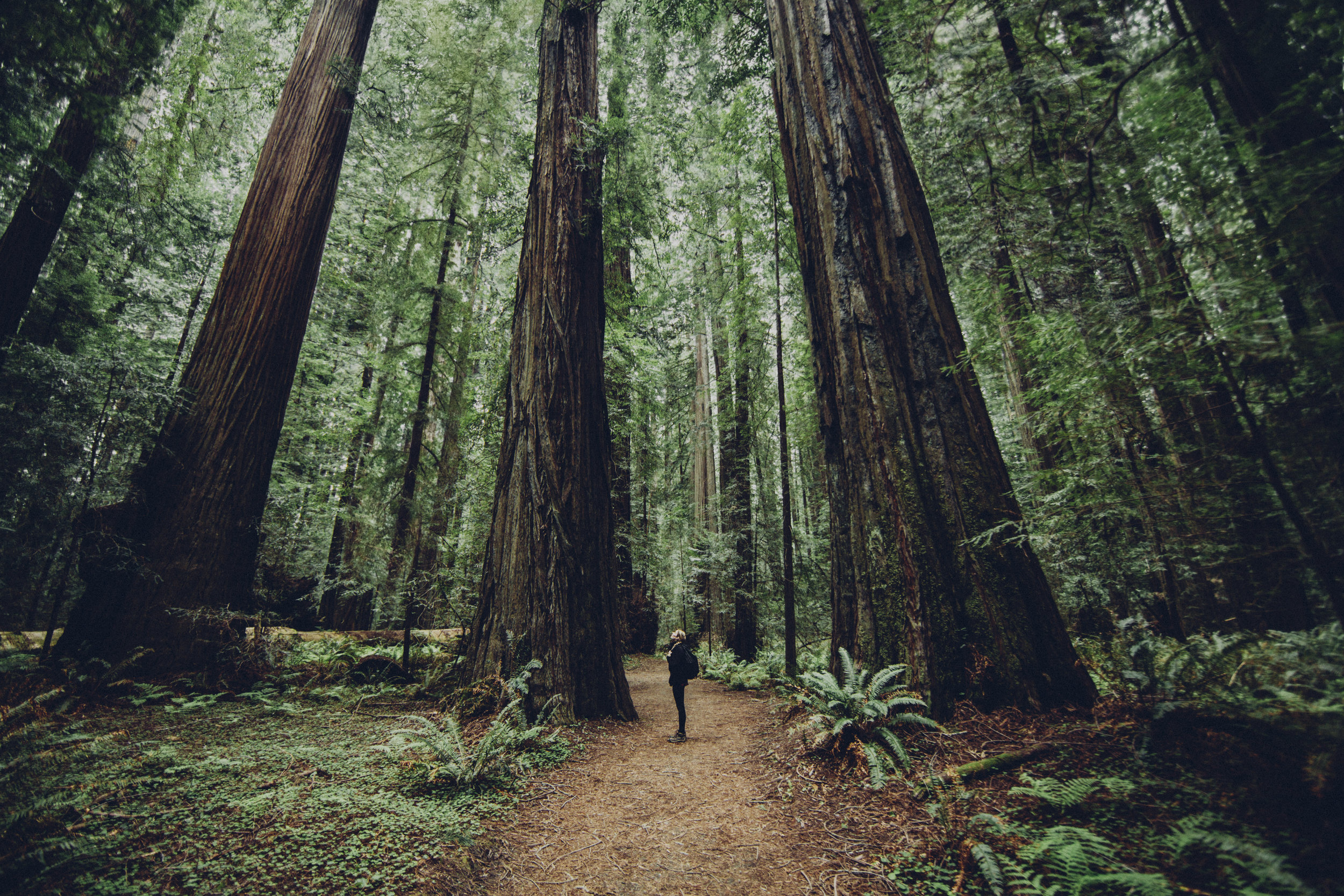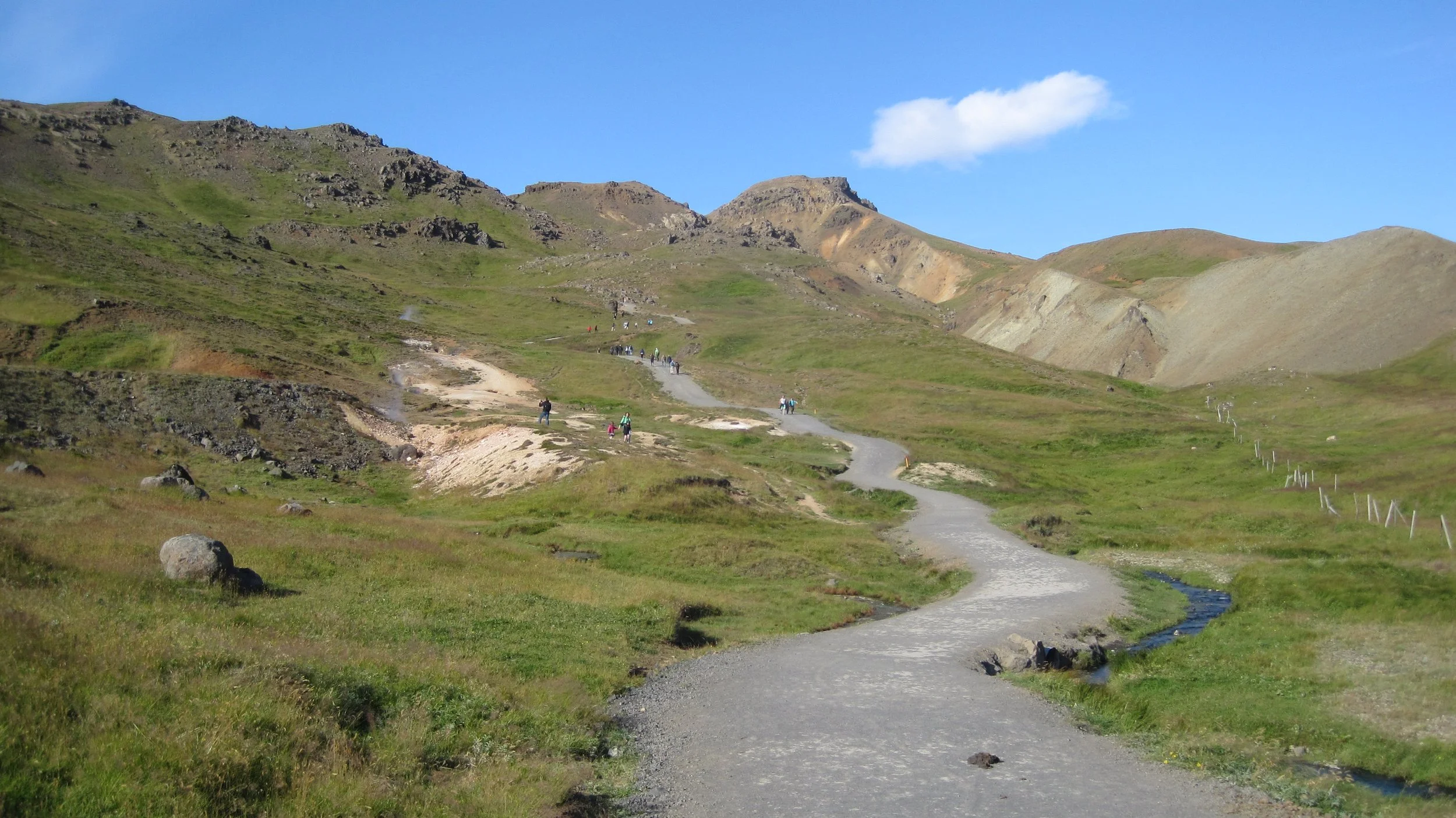
We each have a brief moment in time to understand the wisdom of the past, develop a deep knowledge of the present, and leave to our progeny a stable and bounteous home.
The Development of a New Mental Health Model
Mental health was first conceptualized by Western cultures as existing within the brain and mind of the individual. More recent developments stress the crucial influence of personal relationships, traumatic experiences, genetic factors, and cultural systems in the development of mental health and well-being. I and others have more recently proposed a mental health model that also includes the impacts of ecosystemic factors, such as the need for clean air and water, safe neighborhood environments, nutritious food, and a stable climate system. This model presumes an ongoing, dynamic relationship with the natural, or “more than human” environment. I see these multiple layers of mind as embedded within each other, and continually influencing each other. We are at a turning point in history when we can help society shift to this more encompassing model, and leave a lasting legacy of health and mental health to future generations. A model of this new mental health model is as below:
A New Mental Health Model: The interconnection of mind and environment.
My work
Since 2007, I have been working to develop the field of psychology to include our emotional and mental connection with the natural world, of which we are a part. This focus does not diminish our personal, human relationships, but can enrich them, and bring a more balanced perspective to our lives. I’ve authored and shared numerous theoretical and clinical papers related to this topic in my attempt to integrate feelings about nature and our relationship within the larger world. More recently, I have been interviewed by mental health and family health media on this and the topic of “climate-aware therapy” and how to manage feelings related to the climate crisis (https://www.psychotherapynetworker.org/article/confronting-climate-crisis ) (https://www.talkspace.com/blog/therapy-climate-change-anxiety/ ) ( https://www.parents.com/parenting/better-parenting/green/a-calm-guide-to-climate-anxiety-for-parents/)
I have also published several professional articles on my thoughts about this, including these:
“Lonely for the Other Mother: Nature and the Relational Fourth.” Paper published in Loneliness and Longing, Conscious and Unconscious Aspects, 2012, New York: Routledge, 253-265.
“The Tragedy of the Earth’s Commons: Psychoanalytic Perspectives on Psychoanalysis and the Law.” In Psychoanalysis and the Law, Harris, A. and Montagna, P. (eds.), (2019). New York: Routledge. https://www.routledge.com/rsc/downloads/Object_and_Desire.pdf chapter 6.
“Belonging to An Awakening: the Analytic Function of Witnessing As Applied to the Climate Emergency.” Published in Belonging Through a Psychoanalytic Lens, Coleman, R.C. (ed.), 2021. Routledge, 108-116.
I have also co-authored a chapter of an upcoming Cambridge University Press book titled Climate Change and Youth Mental Health, with my chapter concerning psychotherapeutic techniques for climate distress.
I have been teaching mental health clinicians how to understand mental health impacts of the climate crisis, and how to provide therapy based on a newer mental health model including our ecosystemic relationships https://www.climatepsychology.us/cpa-workshops-and-talks-aNVzu/introductory-course-for-climate-aware-therapy . My work has been in university settings, community mental health settings, with environmental activist groups, and at academic institutions at the post-graduate level.
I continue to provide general clinical services to individuals, some of whom bring topics related to the climate crisis into their therapy sessions. My practice is currently at capacity and not accepting new clients.
More recently, I have been helping mental health clinicians and others develop presentations and courses related to climate psychology. In this capacity, I head the Professional Development Subcommittee of CPA-NA https://www.climatepsychology.us/committee .
I continue to teach the development of clinical skills incorporating an understanding of the need for a more functional relationship with our ecosystems. I have also led emotional sustainability workshops for climate activists. Additionally, I teach the facilitation of “climate cafes,” which focus on providing a reflective, non-clinical space to think about, and process emotions related to, the climate crisis https://www.climatepsychology.us/climate-cafes/how-to-facilitate-and-host-a-climate-cafe-an-online-experiential-workshop
My work with the Climate Psychology Alliance of North America
In 2016, I was asked by a founder of the Climate Psychology Alliance in the UK to co-found a similar organization in North America. Along with four others, we incorporated the Climate Psychology Alliance -North America as a legal nonprofit organization, dedicated to educating mental health clinicians and the public about the mental health impacts of the climate and environmental crisis. We are a gathering place for clinicians and others interested in the interface of mental health and our environmental home, planet Earth. For five years I was co-president of CPA-NA, and I currently serve as Chair of our Professional Development Subcommittee. CPA-NA is now an organization with more than 500 members, and with numerous ways for members to learn about and contribute to the emerging field of climate psychology. You may learn more about this here: www.climatepsychology.us
M
I currently reside in the ancestral lands of the Quinnipiac peoples, in Quinnehtukqut, “the long river place,” currently Connecticut.



